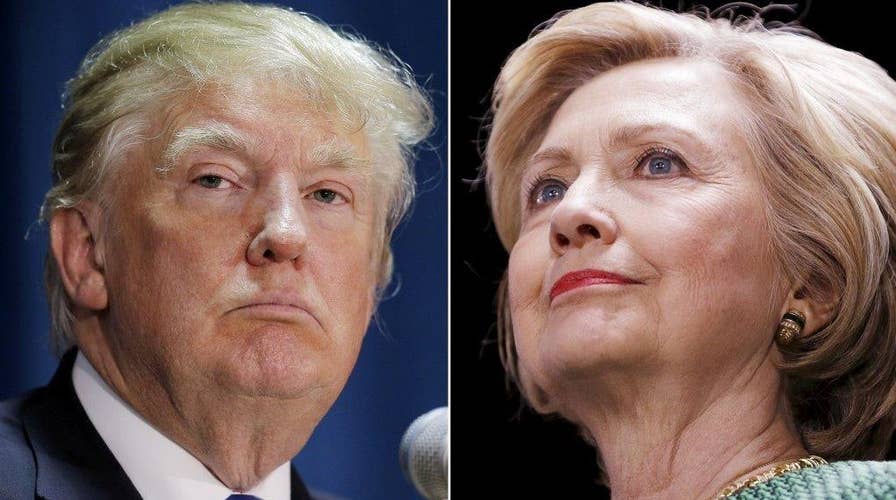Trump turns up the heat with attacks on Clinton, media
GOP nominee on offense after recent controversies; analysis on 'The Five'
President Obama announced the death of Usama bin Laden on May 1, 2011, a Sunday night. The major networks interrupted their prime-time programming to air the president’s remarks, and ABC drew the largest audience because most people were already watching “Dancing with the Stars.” But NBC had the largest black television audience for the president’s speech, and the reason was Donald Trump.
Mr. Trump’s reality television show, “Celebrity Apprentice,” consistently performed well with black viewers. Partly this is because they seem to like the genre. Even cable channels popular with blacks, like BET and VH1, are reality-heavy. “Celebrity Apprentice” also regularly featured black contestants, and we all like to watch people on TV who look like us.
But Mr. Trump had more than that working in his favor. His phenomenal success as a businessman, and his unabashed pride in his success, also appealed to black audiences. He was rich and wanted everyone to know it. He slapped his name, in the biggest letters possible, on buildings, jets, resorts, casinos and everything else he owned. He surrounded himself with glamorous people and objects. He personified the showy displays of wealth featured in hip-hop music. For many blacks, Mr. Trump’s bling and brashness were as impressive as his net worth.
The class warfare practiced by liberals stems from a belief that poor minorities sit around resenting white wealth, or should. The reality is that ghetto residents don’t hate Bill Gates. They want to be Bill Gates. One of the most successful rap labels in the 2000s was co-founded by Jay Z and called Roc-A-Fella Records, a slang spelling of the Rockefeller family name that’s long been synonymous with wealth. Jay Z grew up in a housing project in Brooklyn. He wasn’t envious of the superwealthy. He was a go-getter, and today he’s worth more than $600 million, according to Forbes.
When Donald Trump decided to run for president as a Republican, he already had a standing with black America that most GOP politicians can only dream of.
To continue reading Jason Riley's column in the Wall Street Journal, click here.

